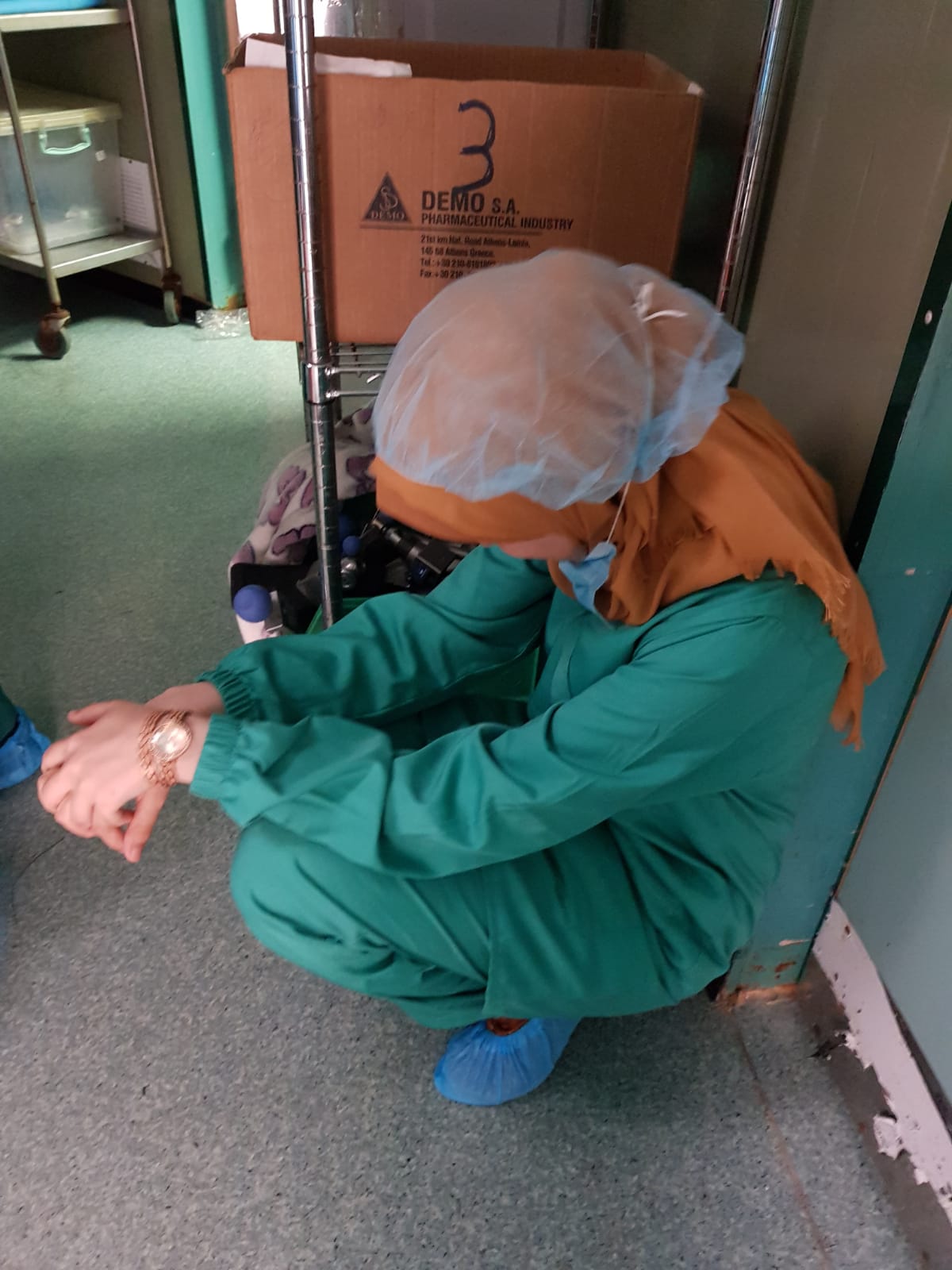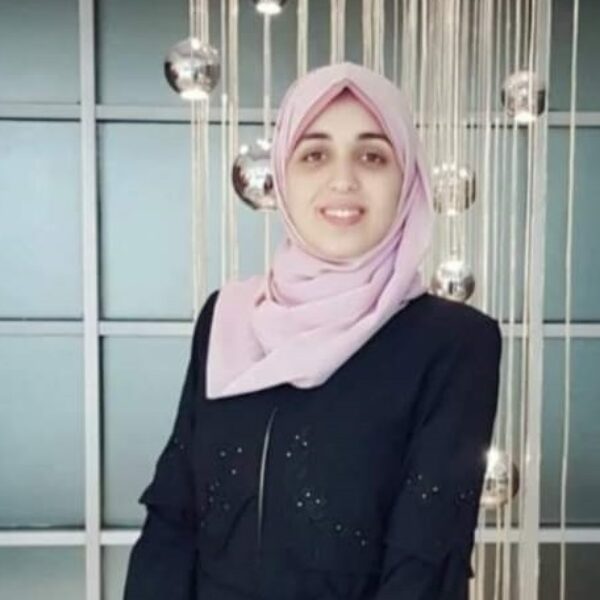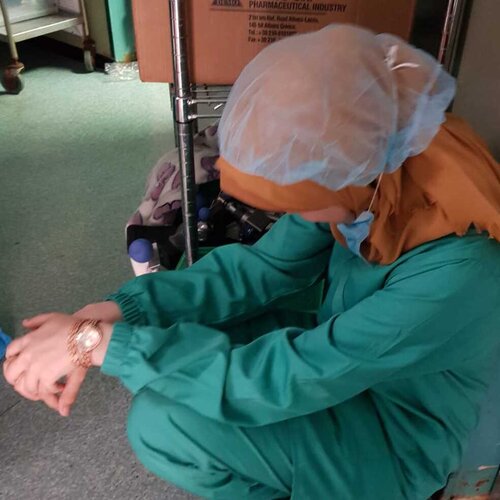
Weeks have gone by since the fourth Israeli war on Gaza came to a close. And although the world has moved on, we in Gaza are left to pick up the pieces. And me? I find myself questioning my decision to become a physician. Read just one section of my diary and you will perhaps understand why.
These days my hospital is suffused with the smell of blood and death. How can I describe it, if you’ve never been in its presence? The odor is like smoke, permeating my cells without permission, making me feel nauseated and weak. Sometimes, I am forced to flee to another room until I can return.
I flash back to 2014, when I began my journey to become a doctor. That longest of the Israeli military attacks was devastating, but it inspired me to pursue my childhood dream of being a white angel.
Now, here I am seven years later, a doctor who has survived another of Israel's brutal attacks, asking myself these questions: How much longer can my heart bear to witness all these lives being killed? Why was I born in this country? Why did I choose this profession?
The unimaginable happens again
In the middle of the night on May 15, Israeli aircraft attacked a residential building belonging to the Abu Hatab family. A 5-month-old child is the only survivor from an entire family lost to this genocide.
A day after this destruction, the worst night of the bombing began. A 21-year-old, third-year dental student, Shimaa’ Abu Alaouf, was killed. She had planned to celebrate her wedding next month to the man she loved, Anas. She probably was dreaming about the day of her graduation ceremony, working as a dentist, raising kids in her own home. But instead, the bride-to-be, along with her love and passions, were buried by the Israeli airstrikes that destroyed her home.
Our hospitals are overwhelmed by mass casualties. Al-Shifa Hospital ,which is the central hospital in the Gaza Strip, only has a capacity of 250 beds. However, in the last few days, we have far surpassed this capacity. We have a severe shortage in the central blood bank. We do not have enough beds and we do not have enough blood.
My favorite flower store on Al-Wehda street has been bombed. Every flower I gifted to my beloveds was bought here, with a written message, “Take good care of yourself, dear.” I visited often, simply to look at the flowers. Now, there are no flowers to see, no flowers to gift and no messages of love to send.
More than 10 families have been cleared from the civil registry. Let me repeat that. More than 10 entire families are gone.
I used to fall asleep early and looked forward to my walk to work. I purposefully cleared my thoughts and poured my heart out with each step. Breathing deeply in the morning light, I would arrive at the hospital joyful, renewed and ready for the day’s start.
But now, I weep louder than the sound of missiles falling upon the heads of my people.
Afraid for those who survive
Hours later, I watch and wait as people are pulled from the rubble. The living and the dead are waiting to be found. Most of the injured people I treat in the hospital can hardly believe they are alive. Their faces are heartbroken and shocked. I am scared for my patients. I am scared for the survivors found in the rubble. I am scared for their families. The mental damage from the trauma of being literally buried before finally being rescued is enormous: accelerated heart rates, inhaled dust and toxins, skin shred by shrapnel and a lingering fear of being trapped and never being found. Some survivors slowly bleed out and die within minutes of resuscitation. How do their families, who were waiting for them, move through this?
For us, who live under Israeli occupation and the threat of bombing at any time, it is only minutes that stand between death and life.
Over and over, Israel violates our human rights and international conventions by targeting unarmed civilians and health facilities. We know war will come again, if not next year, the year after that or the year after that. I am afraid and I am doing everything I can to survive and serve my people.
Still, beyond my fear, we have seen and felt the solidarity and hope from an international community of activists and other supporters. It gives us the hope we need to push forward and continue the struggle.










